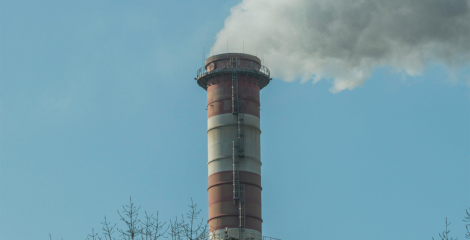With the escalation of the current events between Ukraine and Russia, the United States, Canada and a number of European countries announced their support for banning some Russian banks from the Swift.
What is the Swift system and how will Russia be affected by this economic punishment?
Swift stands for Society for Worldwide Interbank Financial Telecommunications. The Swift is a vast messaging network used by banks and other financial institutions to quickly, accurately, and securely send and receive information, such as money transfer instructions.
Swift was founded in 1973 with 239 banks in 15 countries. In 2022, the system has more than 9,000 live users hailing from more than 200 countries. The Swift operates internationally with 26 offices located across the world, and is headquartered in Belgium. As a strategic international financial messaging service provider to the financial industry, Swift is overseen by the G-10 (The United Kingdom, Belgium, Sweden, France, Germany, Japan, Italy, Canada, Netherlands and Switzerland) central banks.
According to BBC, a statement from EU, the US, the UK and others said the move would “ensure that these banks are disconnected from the international financial system and harm their ability to operate globally”.
This will make Russian companies lose access to the smooth and instant transactions provided by the Swift system. Payments for its valuable energy and agricultural products will be severely disrupted. This will add delays and extra costs, and eventually suspend the Russian government’s revenues.
European countries had previously threatened to ban Russia from this regime in 2014, in the midst of the Crimean crisis, which the Russian state succeeded in annexing. This made Russia establish a similar system through their Central Bank in 2014, known as SPFS.
Iran was also banned from the Swift previously in 2012, which incurred huge financial losses amounting to up to 30% of its foreign trade.
If you see something out of place or would like to contribute to this story, check out our Ethics and Policy section.














